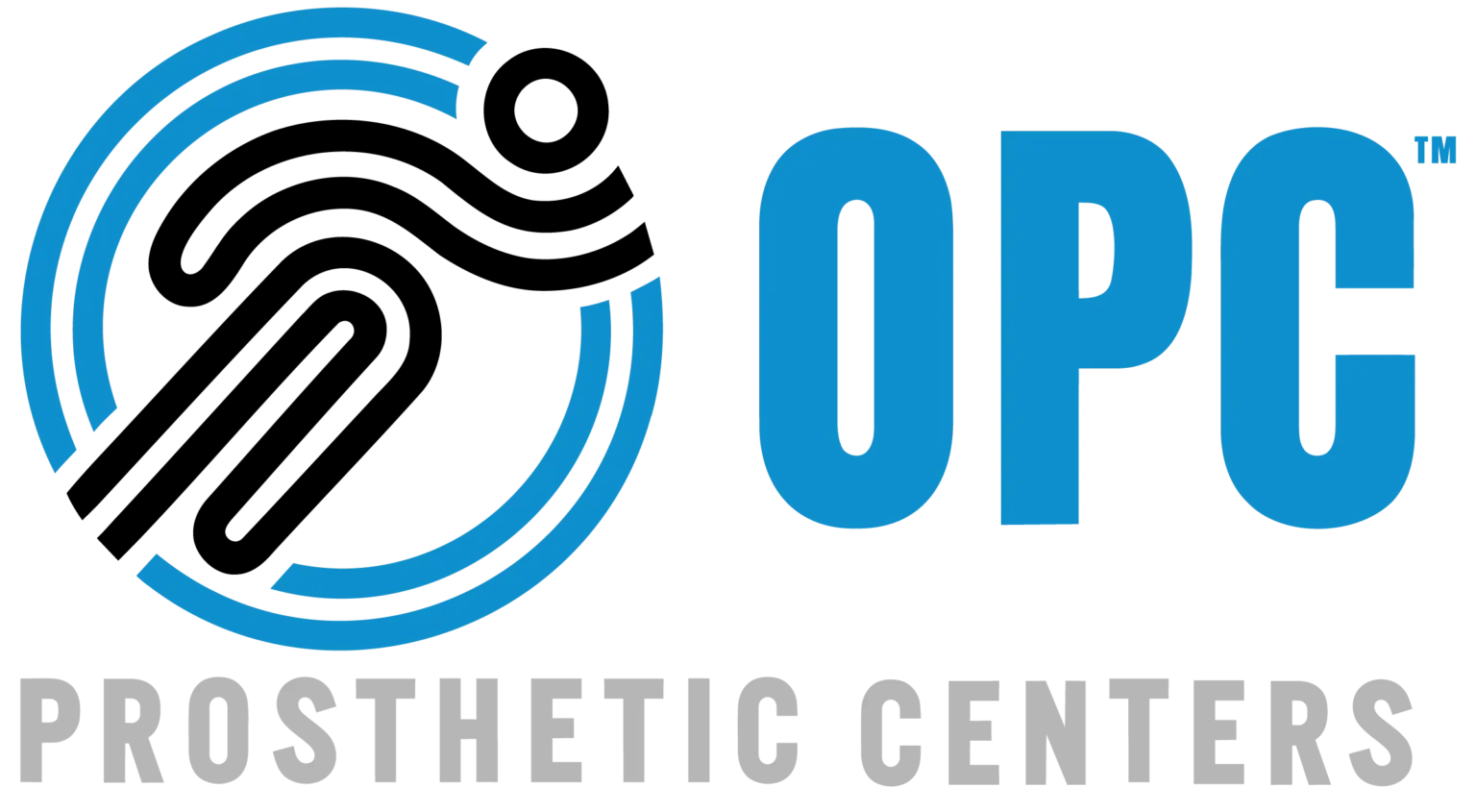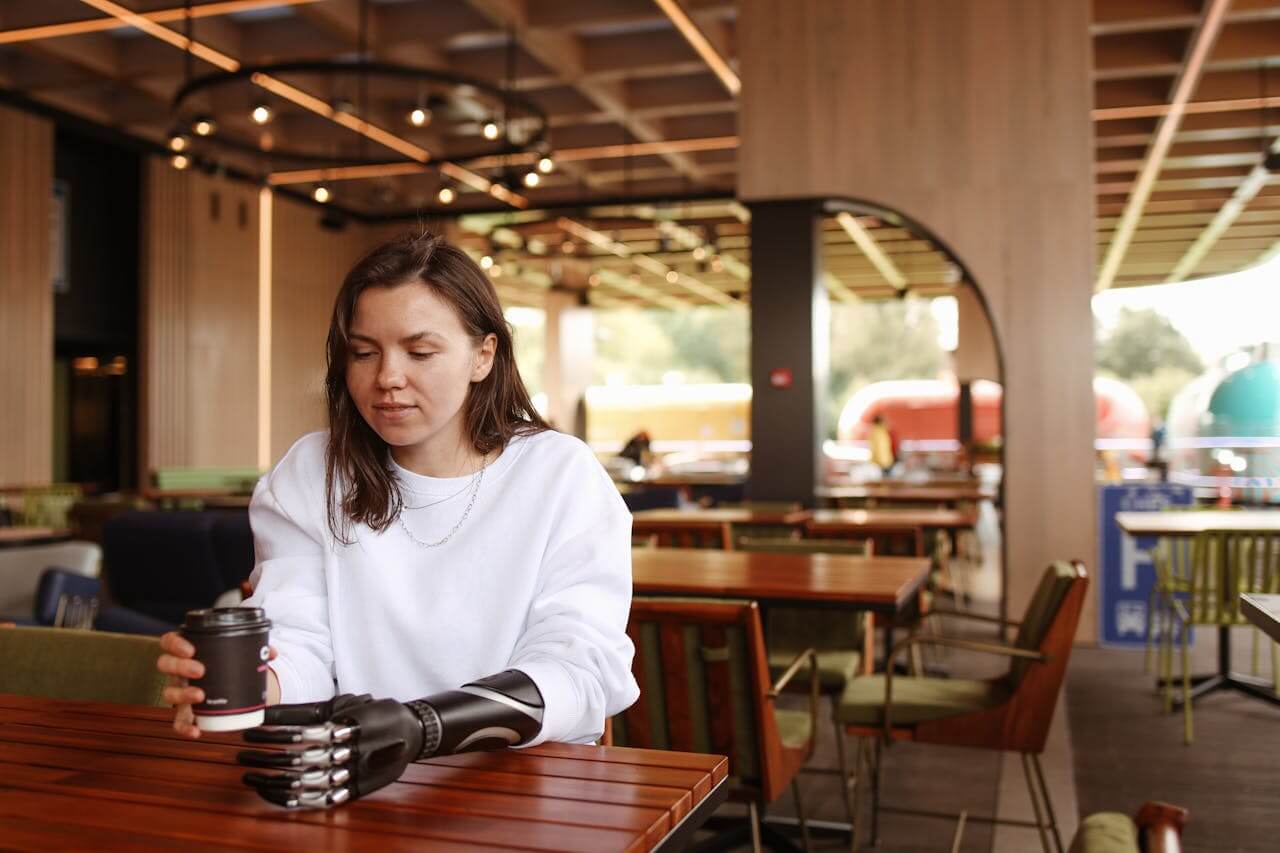Prosthetics have come a long way from their primitive origins. Today, they are not merely tools for functionality but are sophisticated devices that can significantly enhance the quality of life. Whether you’re new to using a prosthetic or have been living with one for years, there’s always something new to discover about what you can achieve. This article delves into the myriad ways prosthetics can transform your life, from everyday tasks to extraordinary achievements.
Enhancing Daily Life
Mobility and Independence
One of the most profound impacts of modern prosthetics is the restoration of mobility. Prosthetic legs, whether above-knee or below-knee, enable users to walk, run, and even dance. With advancements in materials and technology, these devices are lighter, more comfortable, and more efficient. This newfound mobility translates to greater independence, allowing users to perform daily tasks with minimal assistance.
Dexterity and Precision
For those with prosthetic arms or hands, the advancements are equally impressive. Modern prosthetic hands offer remarkable dexterity and precision, allowing users to perform intricate tasks. From typing on a keyboard to cooking a meal, these prosthetics provide a level of control and functionality that was once unimaginable. The incorporation of sensors and artificial intelligence has further enhanced their capabilities, making them more responsive and intuitive.
Pursuing Hobbies and Interests
Sports and Fitness
Gone are the days when a prosthetic limb meant the end of an active lifestyle. Today, specialized prosthetics are designed for various sports and fitness activities. From running blades for track and field athletes to adaptive equipment for cycling, swimming, and skiing, there are endless opportunities to stay fit and pursue athletic goals. Organizations like the Paralympics showcase the incredible feats that athletes with prosthetics can achieve, inspiring others to push their boundaries.
Arts and Crafts
Creativity knows no bounds, and neither should your prosthetic. Artists and crafters can benefit from prosthetics that offer fine motor skills and precision. Whether you’re painting, sculpting, or playing a musical instrument, modern prosthetics can be tailored to meet your specific needs. Many individuals have found new ways to express themselves and even discover hidden talents through the use of their prosthetics.
Professional and Academic Achievements
Work and Career
Prosthetics can significantly enhance professional capabilities, allowing individuals to pursue careers they are passionate about. Whether it’s typing at a computer, performing surgeries, or working in physically demanding environments, there are prosthetics designed to meet the demands of various professions. Adaptive technologies and workplace accommodations further ensure that individuals can excel in their careers without limitations.
Education and Learning
In academic settings, prosthetics can play a crucial role in enabling students to fully participate in their education. From writing and taking notes to engaging in laboratory experiments and physical education, modern prosthetics ensure that students can access all aspects of their curriculum. Assistive technologies, such as voice recognition software and adaptive keyboards, further support academic success.
Traveling and Exploring
Adventure and Exploration
For those with a sense of adventure, prosthetics can open up a world of exploration. Hiking, rock climbing, and scuba diving are just a few activities that are now accessible with the right prosthetic equipment. Advances in waterproof and shock-resistant materials have made it possible for individuals to take on new challenges and explore environments that were previously out of reach.
Everyday Travel
Traveling, whether for business or leisure, is another area where prosthetics have made a significant impact. Navigating airports, boarding flights, and exploring new cities are much more manageable with the right prosthetic. Many users find that their prosthetics provide the support and confidence needed to travel independently and enjoy new experiences.
Social and Emotional Well-being
Confidence and Self-Esteem
The psychological benefits of prosthetics are just as important as the physical ones. Regaining mobility and functionality can lead to a significant boost in confidence and self-esteem. Prosthetics can help individuals feel more comfortable in social settings and participate more fully in community activities, fostering a sense of belonging and acceptance.
Building Relationships
Prosthetics can also play a role in building and maintaining relationships. Being able to engage in shared activities, whether it’s playing sports, cooking a meal together, or traveling, can strengthen bonds with family and friends. Additionally, connecting with others who use prosthetics can provide valuable support and encouragement, creating a sense of community and shared understanding.
Embracing Technological Advances
Smart Prosthetics
The future of prosthetics is incredibly promising, with smart technologies leading the way. Bionic limbs equipped with sensors and artificial intelligence can mimic natural movements more closely than ever before. These prosthetics can learn and adapt to the user’s needs, providing a customized experience that enhances functionality and comfort.
Integration with Wearable Technology
Wearable technology, such as fitness trackers and smartwatches, can be integrated with prosthetics to provide real-time feedback and monitoring. This can help users track their physical activity, monitor their health, and set goals for rehabilitation and fitness. The synergy between prosthetics and wearable tech represents a new frontier in personal health management.
Overcoming Challenges
Adaptation and Rehabilitation
Adjusting to a new prosthetic can be challenging, but with the right support and resources, the transition can be smoother. Rehabilitation programs, physical therapy, and occupational therapy are essential components of the adaptation process. These programs help users develop the strength, coordination, and confidence needed to make the most of their prosthetic.
Maintenance and Care
Proper maintenance and care are crucial to ensuring the longevity and performance of a prosthetic. Regular check-ups with a prosthetist, proper cleaning, and addressing any issues promptly can prevent complications and extend the life of the device. Users should be proactive in learning about their prosthetic’s care requirements and seeking professional help when needed.
Conclusion
Prosthetics are not just tools; they are gateways to a life full of possibilities. Whether enhancing daily living, pursuing hobbies, achieving professional goals, exploring the world, or building meaningful relationships, prosthetics can play a transformative role. Embracing the advancements in prosthetic technology and focusing on the positive impact they can have, users can lead fulfilling and dynamic lives. With continued innovation and support, the future holds even greater promise for what individuals can achieve with their prosthetics.



